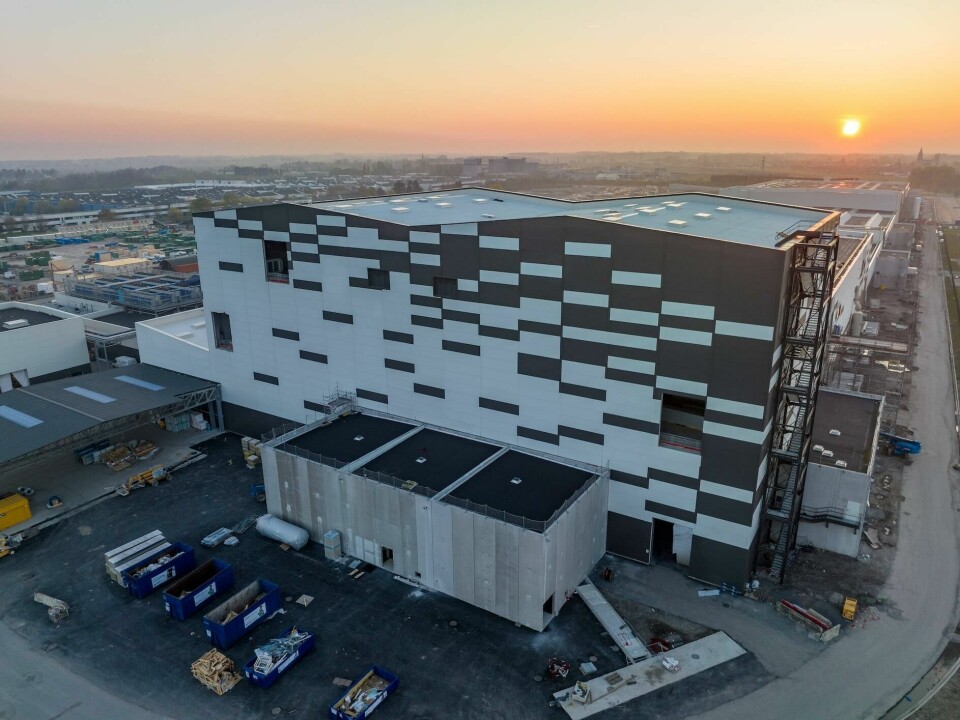ACC halts construction of two European gigafactories
Automotive Cells Company (ACC), with its shareholders Stellantis, Mercedes-Benz and TotalEnergies subsidiary Saft, has halted the construction of two of its three planned European gigafactories.
ACC has paused building its battery facilities in Germany and Italy as it weighs up shifting to lithium iron phosphate (LFP) batteries, rather than the previously planned lithium-ion battery cells and modules. While LFP batteries are less powerful, they are cheaper to produce. The move to pause construction comes as the industry is seeing a dip in expected demand.

In February, ACC raised €4.4 billion ($4.7 bn) in debt funding for the construction of the three European factories. At the time, ACC said the funding would accelerate its development and strengthen its position as a key player in the battery industry to equip high-performance, low-carbon electric vehicles.
The German facility in Kaiserslautern was due to be ACC’s second completed Gigafactory, with production originally set to begin in 2025 with an initial capacity of 13.4 GWh, eventually rising to 40GWh and enabling production of more than 600,000 EVs per year.
The Termoli factory in Italy which has been put on pause had also been set to produce 40 GWh annually.
The third of the gigafactories was opened in Billy-Berclau, France in June last year, with 13 GWh capacity to produce 56,000 battery cells per day, or more than 2.4m modules per year. The facility was built in 17 months at a cost of €800m. Following the success of the first production block at the facility, ACC announced in March this year that it would extend its partnership with energy and services provider Equans France to build a new unit to double production capacity by 2026.
ACC has been contacted for comment.


